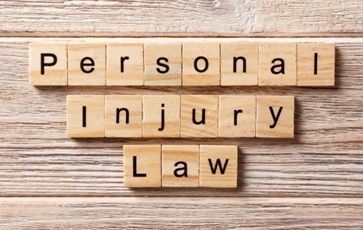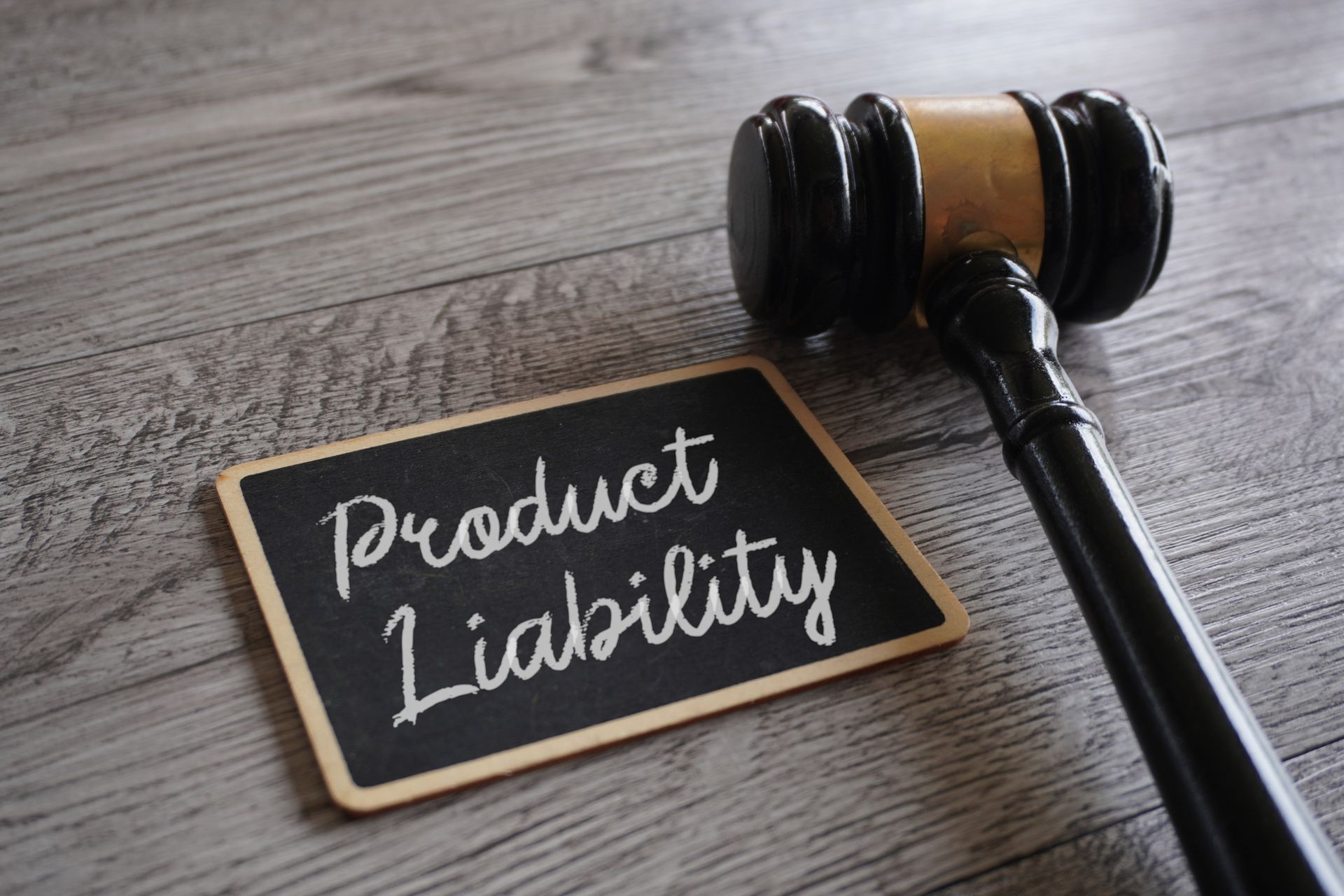
3 Factors That Can Help Your Personal Injury Case

Getting injured is a terrible outcome for any accident. However, personal injuries are incredibly common. If you have recently been injured by someone else, you may wonder how you can better improve your chances of winning a fair settlement. To learn more, check out these three factors that can help your personal injury case and settlement.
1. Certainty of Liability
In some cases, determining who is responsible for the accident and injuries can be hard. For example, if another car hits you, but you were distracted by your phone, the lines are no longer clear, especially if no witnesses were around.
In most states, including Texas, if you are partially responsible for the accident, this reduces your settlement by a comparative amount. In other words, if you are 20 percent responsible, your settlement reduces by 20 percent.
The easier you can tell who is liable, the better your chances of winning your personal injury case. For this reason, your attorney will talk to any possible witness. They may even talk to professionals who can testify on your behalf.
2. Severity of the Injury
One guideline for winning your personal injury case is proving the defendant breached a duty of care, which lead to injuries. Therefore, if you received no injuries, you can't sue. If you were injured, the severity of the injury can play a huge role in your settlement.
First, if you suffered hard tissue injuries like broken bones, you will have an easier time proving your injuries. The average person can look at an X-ray and spot a broken bone. However, determining damage and inflammation in soft tissue is much harder from an ultrasound or CT scan. Plus, the tests may not even fully measure your level of soft tissue damage.
In addition, more severe injuries may require longer treatment time. In some cases, you may not even be done with treatment by the time the judge decides on a settlement. Similarly, the more severe the injuries, the greater the risk of physical pain and suffering, which can affect a person for life.
If your attorney can also prove the injuries have disrupted your daily life, you have a better shot of getting a fair settlement too. A disrupted life doesn't just mean you can't work - injuries can affect your life in many ways, such as making it hard to get to work, hard to get dressed, hard to clean your house, or hard to visit friends.
3. Emotional Pain and Suffering
Emotional pain and suffering can be difficult to prove because much of it is subjective or depending on you telling the courts how you feel. However, if you can prove you have emotional anguish due to the accident and injuries, your settlement may be higher.
People with emotional pain and suffering experience many side effects. First, they may need continuing mental health care, which can become expensive, especially if insurance does not cover it.
They also are more likely to have disruptions in their daily lives. Conditions like anxiety, depression, and PTSD can make it hard for a person to function, including getting dressed, getting cleaned, or feeding themselves. They may also feel more complex distress like the inability to have sex or go out in public.
Most people do not intentionally hurt someone, but that does not mean they are not responsible for your injuries. If someone had a duty of care and broke it, they should be responsible for your settlement. If you would like to learn more, or if you want a consultation with a skilled attorney,
contact us at the Law Office of Janice Maloney.




